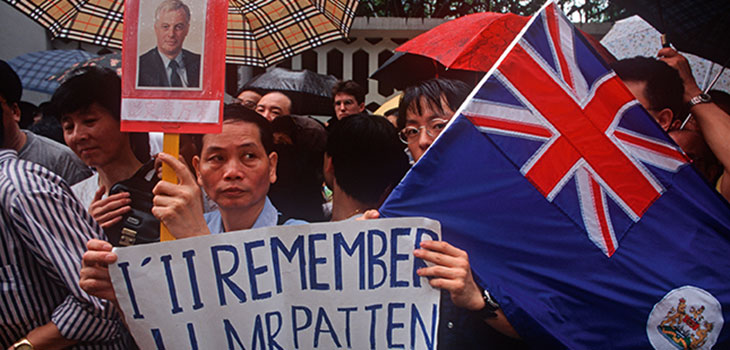
On the eve of the 23rd anniversary of the handover of Hong Kong to China, the Standing Committee of the National People’s Congress (NPCSC) in Beijing shocked the world by promulgating a national security law for this former British colony, criminalising any act of secession, subversion, terrorism or collusion with foreign or external forces.
Its provisions, which were kept secret until after it had been passed (incidentally, without any prior consultation in Hong Kong), were widely, if not also vaguely phrased.
This law takes precedence over both the Basic Law and the other law of Hong Kong. Its administration falls within the jurisdiction of a national security commission chaired by the chief executive of Hong Kong, who is to act on the advice of a security official from Beijing. The commission is vested with very wide powers, including the selection of judges to hear cases brought under this law. The exercise of these powers is expressly excluded from judicial review.











